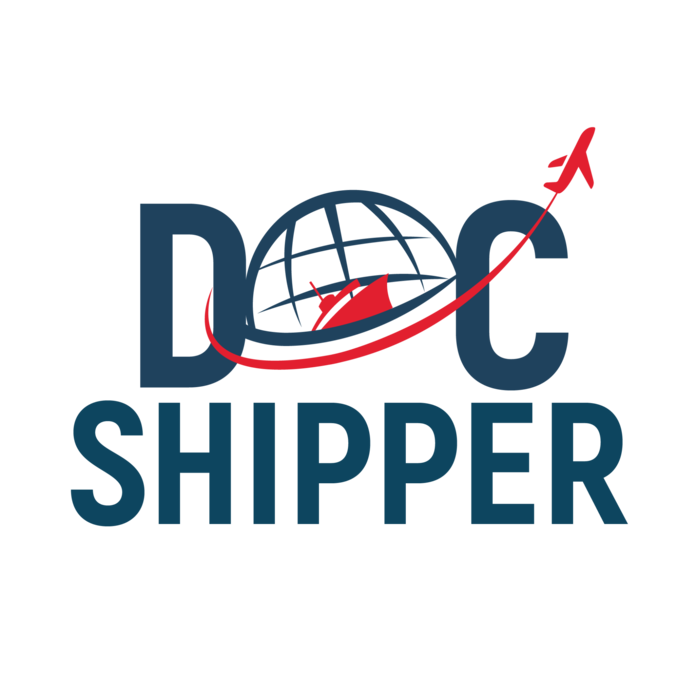Whether we're talking about a multi-million dollar cargo or a few products that are much lower in value, cargo insurance is a service that adapts to your needs. You will only pay based on the value of your property, since insurance costs are indexed directly to the declared value of your property. No bad surprises!
Of course, when you ship with DocShipper, you have the option of going through our network to insure your goods, otherwise you can also go through a third party of your choice. You have the choice !
Table of Contents
What is transport insurance?
See your home insurance? Or insurance for your car? ... Well, it's exactly the same principle for transport insurance. Failing to be alone in front of the broker to insure your goods, cargo insurance is generally taken out directly by your forwarder (like DocShipper). With us, it will be your dedicated consultant who will support you and advise you on the best solution for your project.
Like any insurance, the latter is intended to cover your property in the event of damage, theft or loss. Although it is not mandatory, it is in your best interest to take it. International logistics is not a perfect science, there is no such thing as zero risk! It is therefore (sometimes) important to cover yourself up to avoid the slightest problem on the day-day.
Limit of liability of carriers
Newbies to the world of import / export routinely confuse the insurance provided by the carrier with that provided by the forwarder. The conditions are totally different! The insurance provided automatically by the carriers has a fairly limited scope of execution and the coverage is very low: generally compensation per kg, which does not take into account the value of your goods. Conversely, insurance provided by a freight forwarder is insurance which is - as mentioned above - indexed directly to the value of your goods and which will have a coverage of X% (generally 90% to 100%).
DocShipper advice: If the value of your goods is important, we recommend that you go through specific cargo insurance (via your freight forwarder or a third party). Why ? Quite simply, because the initial insurance only covers very little the value of your cargo and is full of conditions. Conditions which are real obstacles in the event of litigation!
When should you purchase insurance?
Concretely, you must take out insurance when you yourself are responsible for the transport, which is not necessarily the case. It is moreover the principle of the Incoterms which regulates the responsibility of the buyer and the seller.
What are Incoterms?
Incoterms are not compulsory, but their use is strongly recommended to avoid confusion between buyer and seller. They make it possible to clarify the responsibility of the 2 parts on the logistical process, which can be divided into several parts. We will not go into this subject in detail, but will just clarify the most common Incoterms in import / export. Here are the top 3 you need to know:
- EXW: This incoterm means that the entire logistics process is the responsibility of the buyer. He will be in charge of transport from the supplier's warehouse or factory to the final destination. By definition, EXW stands for "Factory Outlet".
- FOB: Under this Incoterm, the seller is responsible for the logistics process in the country of departure until the cargo is made available on the ship (at the terminal of origin). This includes collection at the factory as well as the entire process at the port of departure (handling, packaging, export declaration, terminal costs, etc.). The buyer will take control of the transport, starting with international freight.
- CFR / CIF: This incoterm is the one that comes just after the FOB incoterm. It thus includes (for the seller) the entire original process, with the difference that it also includes international freight. The difference between CFR and CIF directly concerns insurance. CFR (Cost and Freight) does not include it unlike a CIF (Cost Insurance and Freight) formula, so choose your Incoterms carefully when you contract with the supplier.
Although the use of Incoterms is not mandatory, it is important to master this concept. Quite simply, because it will give a professional image with the supplier, which can optionally help you to better negotiate with the latter!
DocShipper | Cargo Insurance
Either way, we can support you in this insurance process. Moreover, the vast majority of international transport that we manage is insured. This is not a mandatory point for our employees, but we strongly recommend it. Kind of like the quality control services when you buy goods.
Need advice? Need help ? Do not hesitate to contact our teams!


